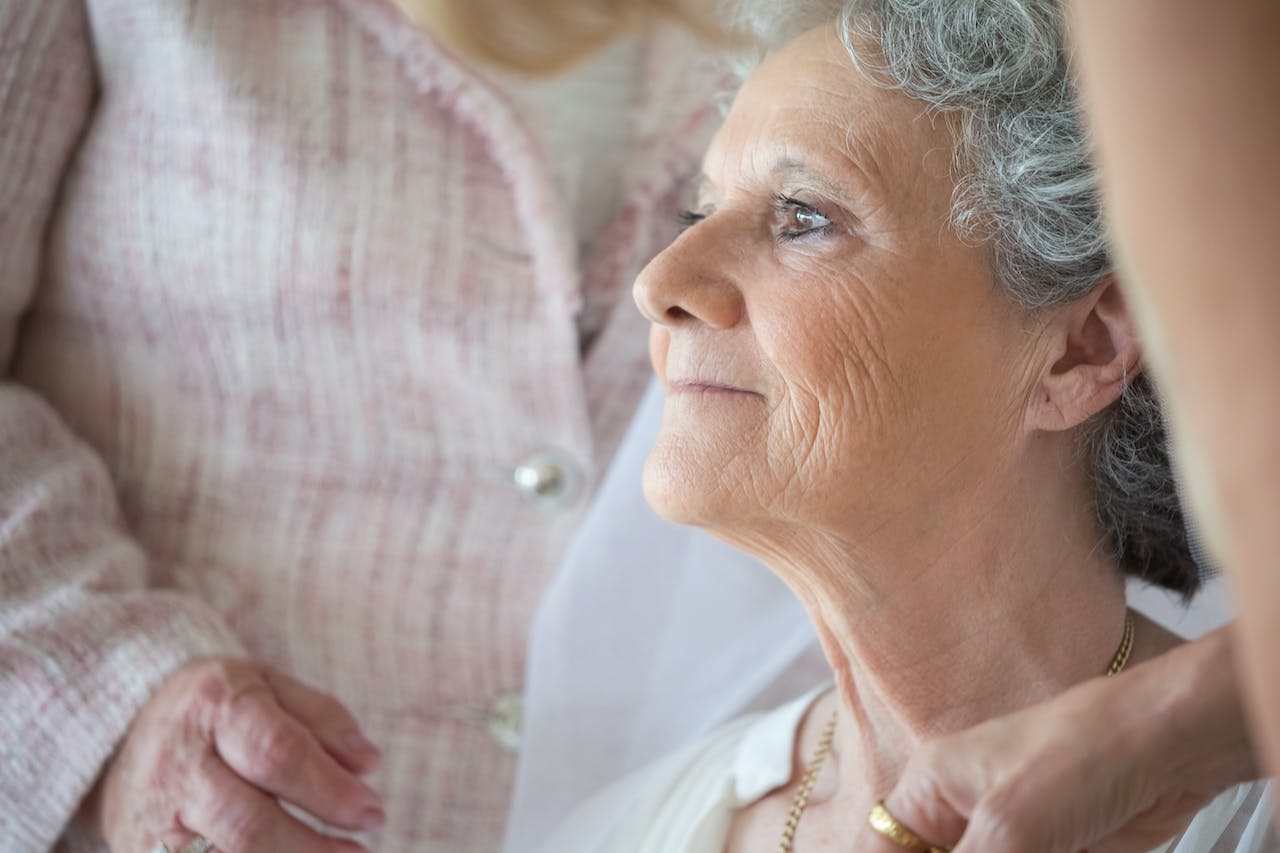Introduction
As women age, various health concerns become more prominent, and one area of particular importance is kidney health. The kidneys play a crucial role in filtering waste and excess fluids from the blood, maintaining electrolyte balance, and regulating blood pressure. Unfortunately, elderly women are more susceptible to kidney problems, and understanding the factors contributing to these issues is vital for proactive healthcare.The Aging Process and Its Impact on Kidneys
1. Declining Kidney Function
As women age, the efficiency of their kidneys naturally declines. The number of functional units, or nephrons, decreases, impacting the organ's ability to filter blood effectively. This reduction in kidney function can lead to a gradual decline in overall kidney health.2. Hormonal Changes
Hormonal fluctuations, especially during menopause, can influence kidney function. Changes in estrogen levels may contribute to alterations in blood flow and affect the kidneys' ability to regulate sodium and water balance.Chronic Kidney Disease (CKD) in Elderly Women
3. Prevalence of CKD
Chronic Kidney Disease (CKD) is a common concern among elderly women. According to recent studies, the prevalence of CKD increases with age, with a higher incidence among women. Understanding the signs and risk factors is essential for early detection and management.4. Hypertension and Diabetes
Elderly women with hypertension or diabetes are at a higher risk of developing kidney problems. These conditions can damage the blood vessels in the kidneys, leading to a decline in renal function. Regular monitoring and management of blood pressure and blood sugar levels are crucial preventive measures.Urinary Tract Infections (UTIs) and Kidney Health
5. Increased Vulnerability to UTIs
Elderly women are more susceptible to urinary tract infections (UTIs), which can have serious implications for kidney health. UTIs can ascend to the kidneys, causing inflammation and potentially leading to complications such as pyelonephritis. Timely treatment of UTIs is crucial in preventing kidney damage.Medications and Their Impact
6. Polypharmacy and Kidney Function
Elderly women often take multiple medications to manage various health conditions. However, some medications, when combined, can put a strain on the kidneys. It is important for healthcare providers to regularly review and adjust medications to minimize the risk of adverse effects on renal function.Lifestyle Factors and Prevention
7. Hydration and Kidney Health
Maintaining adequate hydration is crucial for kidney function. Elderly women should be encouraged to drink enough water, as dehydration can lead to the formation of kidney stones and compromise overall renal health.8. Balanced Diet and Exercise
A well-balanced diet and regular exercise contribute significantly to overall health, including kidney health. Elderly women should focus on a diet rich in fruits, vegetables, and whole grains, while also engaging in appropriate physical activity to promote cardiovascular health.Conclusion
In conclusion, kidney problems in elderly women are a multifaceted issue influenced by the aging process, hormonal changes, and various health conditions. Regular health check-ups, monitoring of blood pressure and blood sugar levels, and adopting a healthy lifestyle can play a pivotal role in preventing and managing kidney problems. By understanding the unique challenges faced by elderly women, healthcare professionals and individuals alike can work towards ensuring optimal kidney health in the later stages of life.Are you tired of living under the shadow of kidney disease? Are you yearning for a life free from the shackles of dialysis, kidney failure, and the looming threat of kidney transplants? If so, you're in the right place at the right time. Imagine waking up every morning with boundless energy, feeling rejuvenated and ready to take on the day. Envision a life where your kidneys are functioning optimally, and you no longer dread the burdensome routines of dialysis sessions. The Kidney Disease Solution Program is here to turn that vision into reality for you.


